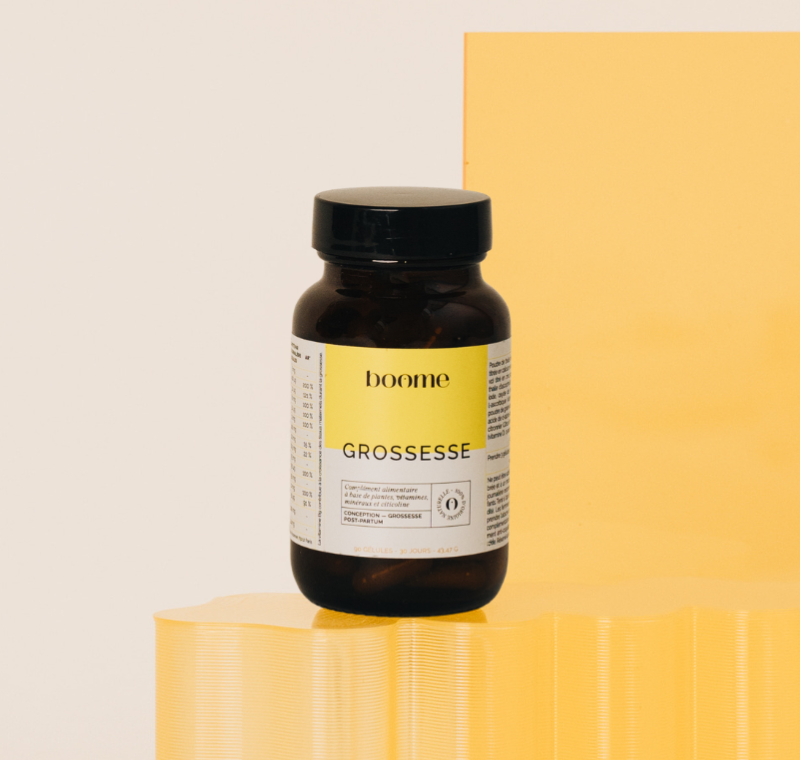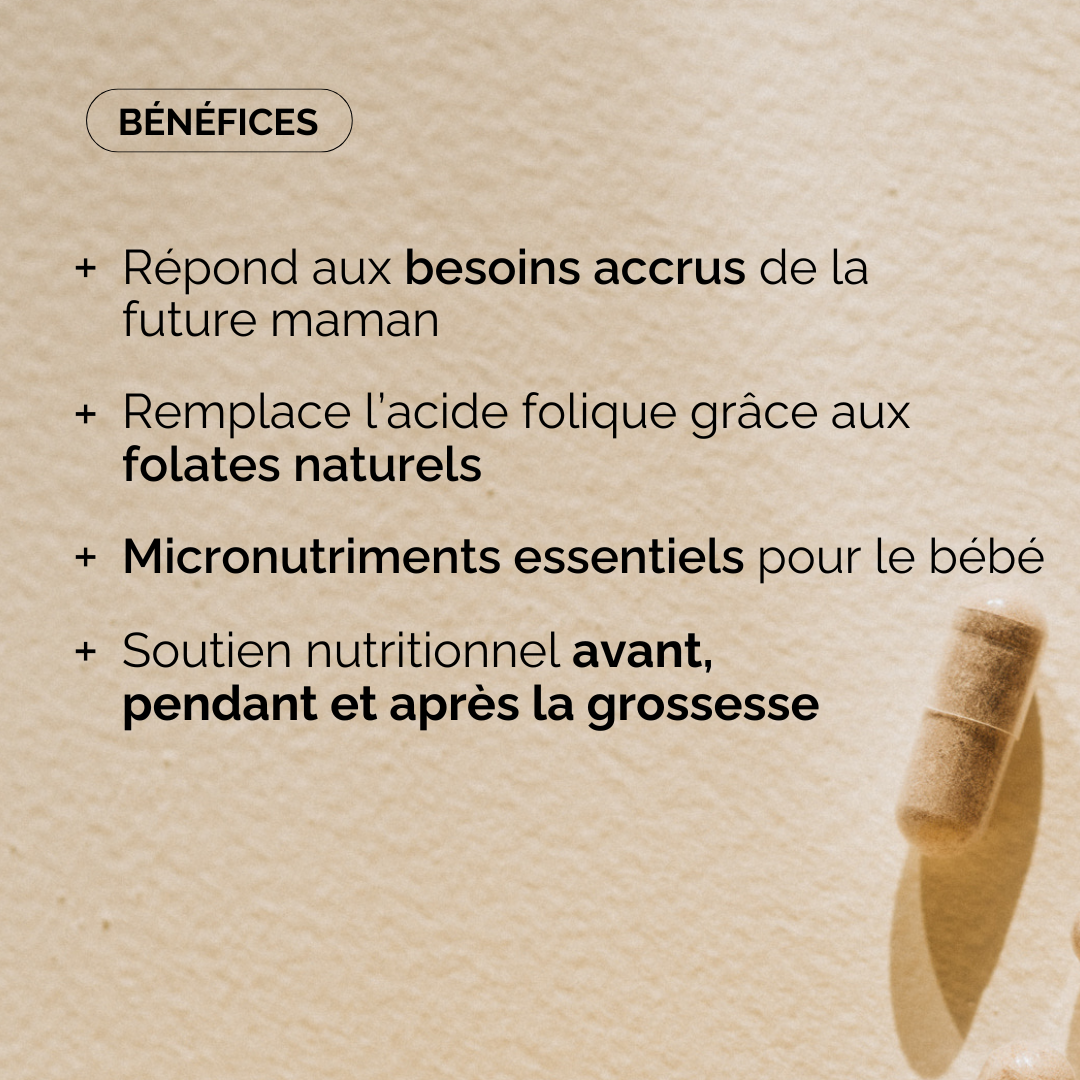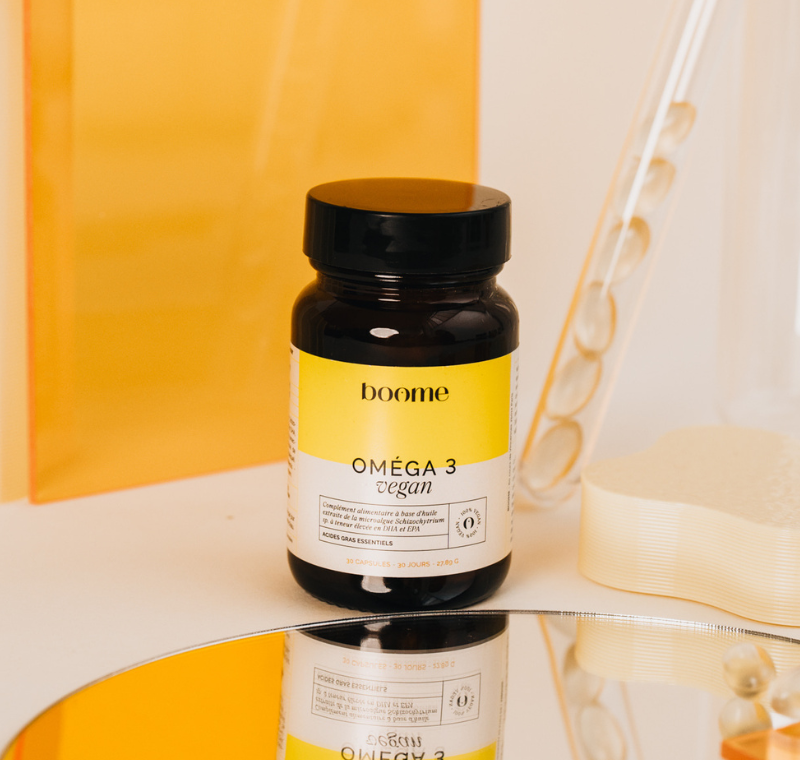
No, not all women necessarily want to have a baby at 30! Because today, most of them work. They have important careers. And they don't always want to put it on hold to manage a pregnancy. Or, they simply don't feel ready. So, what to do? Well... Why not egg freezing? This revolutionary technique allows all women who wish to do so to preserve their fertility and keep their chances of future pregnancy intact. Wondering how egg freezing works and if it's right for you? Our article explains everything!
Egg freezing: definition, age, rules and price
What is egg freezing?
Egg freezing, also known as oocyte cryopreservation, is a process that allows women to preserve their fertility by storing their eggs at extremely low temperatures in liquid nitrogen. It's a safe practice, but it can cause some side effects during the ovarian stimulation cycle, such as:
- Abdominal discomfort or pain during ovarian stimulation.
- Bloating and water retention.
- The risk of ovarian hyperstimulation syndrome (OHSS).
- Risks associated with the collection procedure (infection, bleeding).
- Side effects of medication (nausea, headaches).
It's important to know that success rates for women who have undergone in vitro fertilization (IVF) using egg retrieval vary depending on their age. According to Santé Magazine , women under 25 have a pregnancy rate of 27%. Those between 40 and 42 will have a pregnancy rate of around 7.4%.
Why freeze your eggs?
Egg freezing is then recommended before sterilizing treatments, such as chemotherapy or radiotherapy, whose radiation can damage the quality of the eggs. It is also recommended if the woman has a pathology that can cause infertility , such as severe endometriosis or other genetic diseases (ovarian surgery, cyst, etc.).
But some women simply want to preserve their female fertility capital. For non-medical reasons. They don't feel ready to have children at their biological age and want to give themselves every chance of doing so... later.
Psst, we also wrote a whole (fascinating) article on the link between pollution and fertility !
When to freeze eggs?
According to the American College of Obstetricians and Gynecologists (ACOG) , women's fertility begins to decline after age 30. And it accelerates once they reach 35. That's why some experts say it's ideal to start freezing your eggs before that age.
Who can freeze their eggs in France?
In France, the bioethics law of August 2021 allows all women between the ages of 29 and 37 to access egg self-preservation. This allows anyone to freeze their eggs without any specific medical indication. This is an important step toward women's freedom to manage their fertility!
Would you like to learn more about egg freezing near you? We're sharing a list of all the centers that offer egg freezing services.
How much does it cost to freeze your eggs?
In France, all medical procedures related to egg retrieval (hormone tests, ultrasounds, egg retrieval, anesthesia, hospitalization) should cost us between €2,000 and €3,000. But we're very lucky, because they're fully reimbursed by Social Security.
The couples are solely responsible for the annual cost of preserving the eggs, which may vary depending on the clinic or hospital where the preservation process takes place.
How does egg retrieval and freezing work?
1. The initial consultation and assessment
The first step is a medical consultation with a gynecologist. During this appointment, the specialist will provide you with all the information you need about your preservation process and the different steps to follow. They may also prescribe a hormonal assessment and an ultrasound to assess your ovarian reserve and screen for possible infections.
This assessment is very important because it helps determine your chances of successfully freezing your eggs.
2. Oocyte retrieval
Once the fertility assessment has been validated, and depending on the results, the doctor may prescribe ovarian stimulation treatment. This involves hormonal injections to be given for 10 to 12 days to allow you to obtain several mature eggs.
Once the hormone treatment is complete, a follicular puncture is scheduled. This is a surgical procedure performed in the operating room under local or general anesthesia. This procedure lasts approximately 30 minutes. You will then be placed under medical assistance for a few hours before being able to return home.
3. Egg freezing: vitrification vs. slow freezing
Finally, it's done: your mature eggs are going to be frozen! There are two techniques for doing this:
- Oocyte vitrification: This is an ultra-rapid freezing technique that prevents the formation of ice crystals. It thus helps to better preserve the quality of gametes. It is currently the most widely used, as oocyte survival rates are higher.
- Slow freezing: Less common, this method involves gradually cooling the eggs. This can lead to the formation of ice crystals that can damage them. The eggs are then stored in tanks of liquid nitrogen until further use.
How to prepare your body for egg freezing?
If you're considering freezing your eggs, you need to prepare your body as best you can to maximize your chances of success. Here are our tips for taking care of your health and fertility before you begin the process.
- Eat a balanced diet: Eating healthy is important to maintain the quality of your eggs. You can eat foods rich in antioxidants (fruits, vegetables, nuts). However, avoid processed foods high in saturated fat.
- Maintain a healthy weight: A balanced body mass index (BMI) can promote a better response to ovarian stimulation.
- Avoid tobacco and alcohol: Unsurprisingly, smoking and excessive alcohol consumption can negatively affect egg quality. It is advisable to quit smoking and reduce your alcohol consumption before starting treatment.
- Manage your stress: Stress can affect your hormonal cycle. And, therefore, the quality of your eggs. Try reducing your stress with small, easy-to-implement daily actions. In short, it's time to start practicing yoga or meditation!
- Moderate exercise: Regular, but not excessive, physical activity can improve your overall health and support your fertility. However, be careful with intense exercise, which can disrupt your menstrual cycle.
- Take supplements: If needed, you can take supplements that benefit ovarian health. Our fertility vitamins for women will be ideal for you!
If you follow all these tips, you will prepare your body in the best possible way for self-preservation of oocytes.
In short, the egg freezing process is a fantastic medical advancement, as it offers women incredible flexibility in managing their fertility. If you're interested in embarking on this journey, take good care of your body and prepare it in advance. This will boost your chances of success and achieving your goal of motherhood at the time that suits you best.










